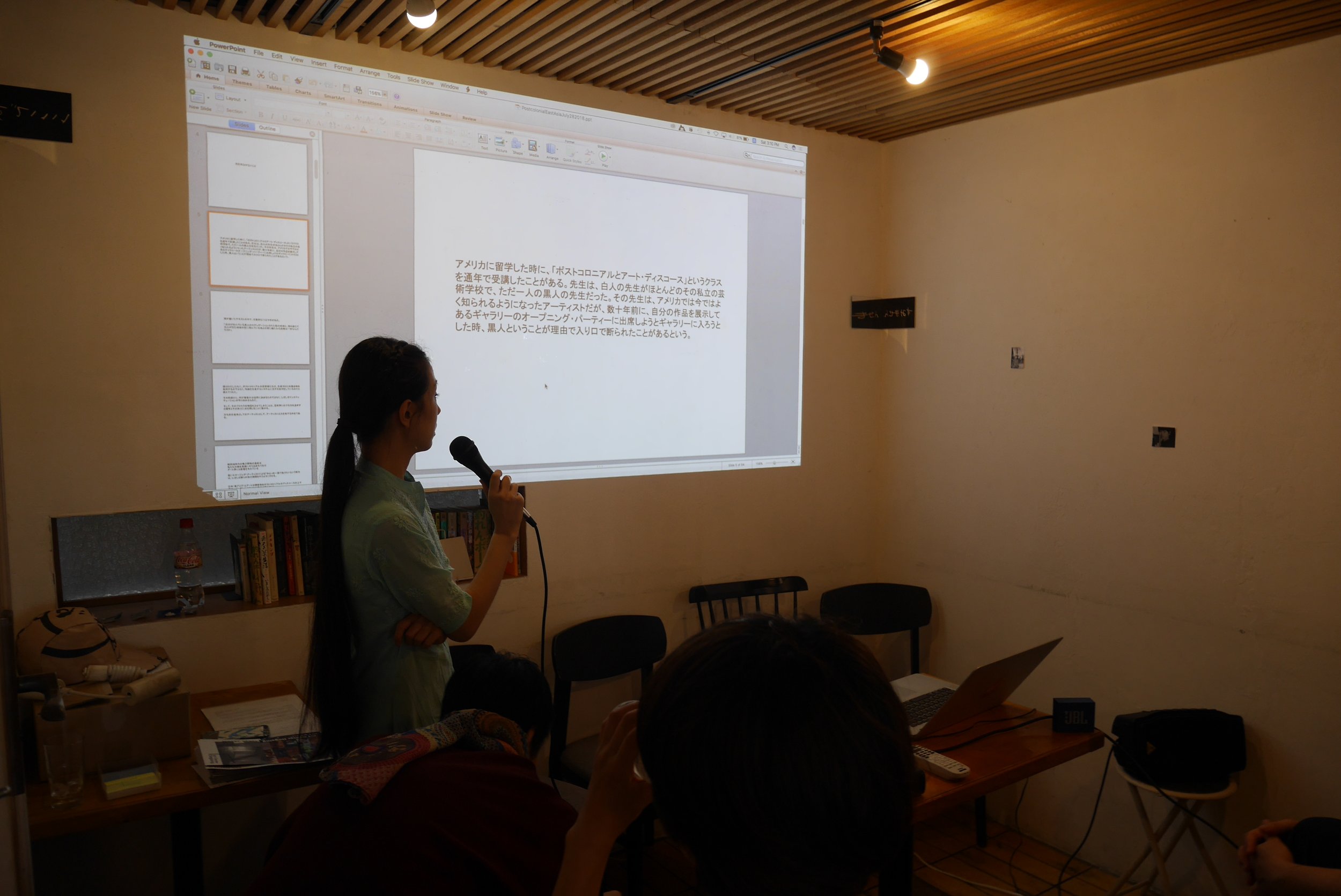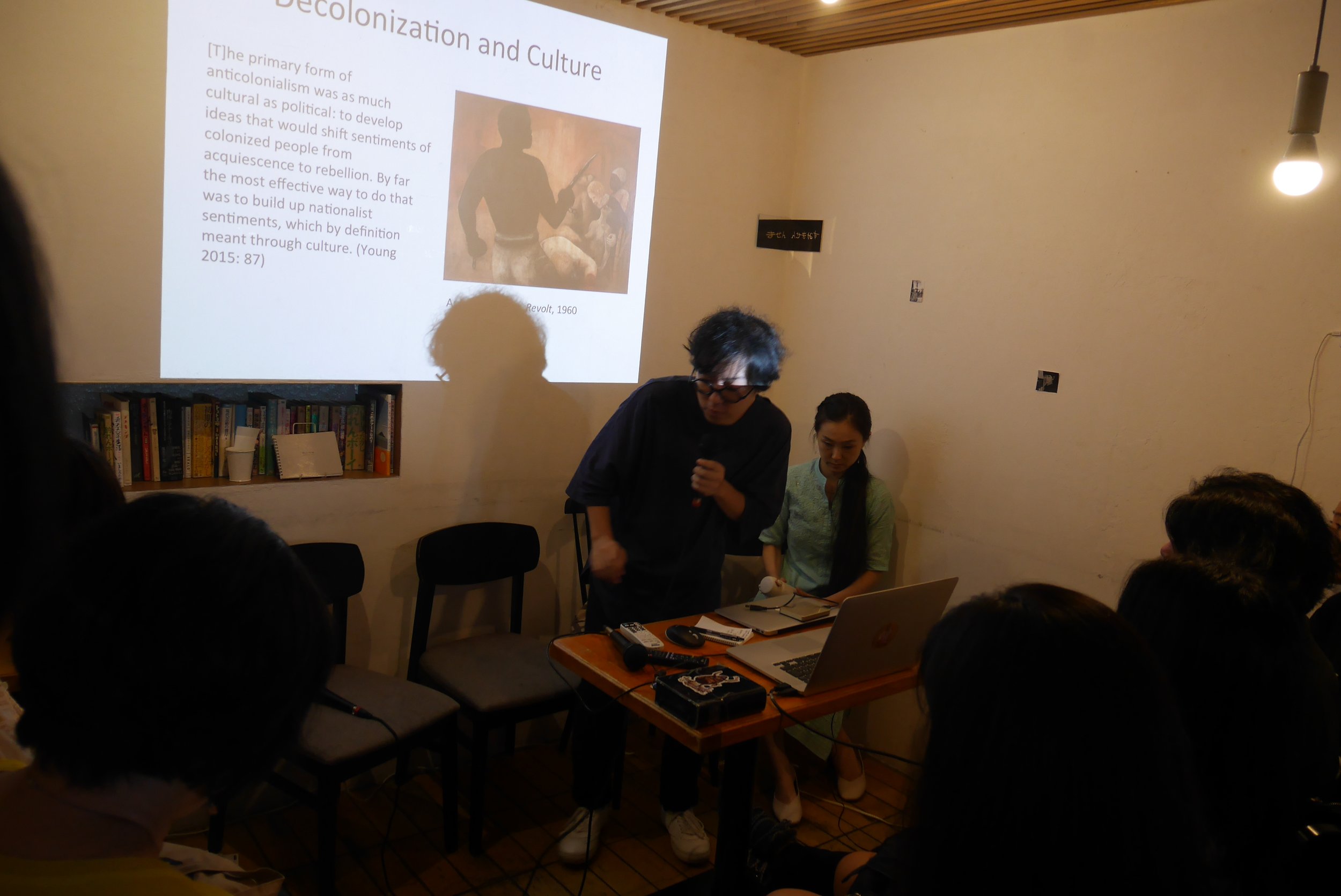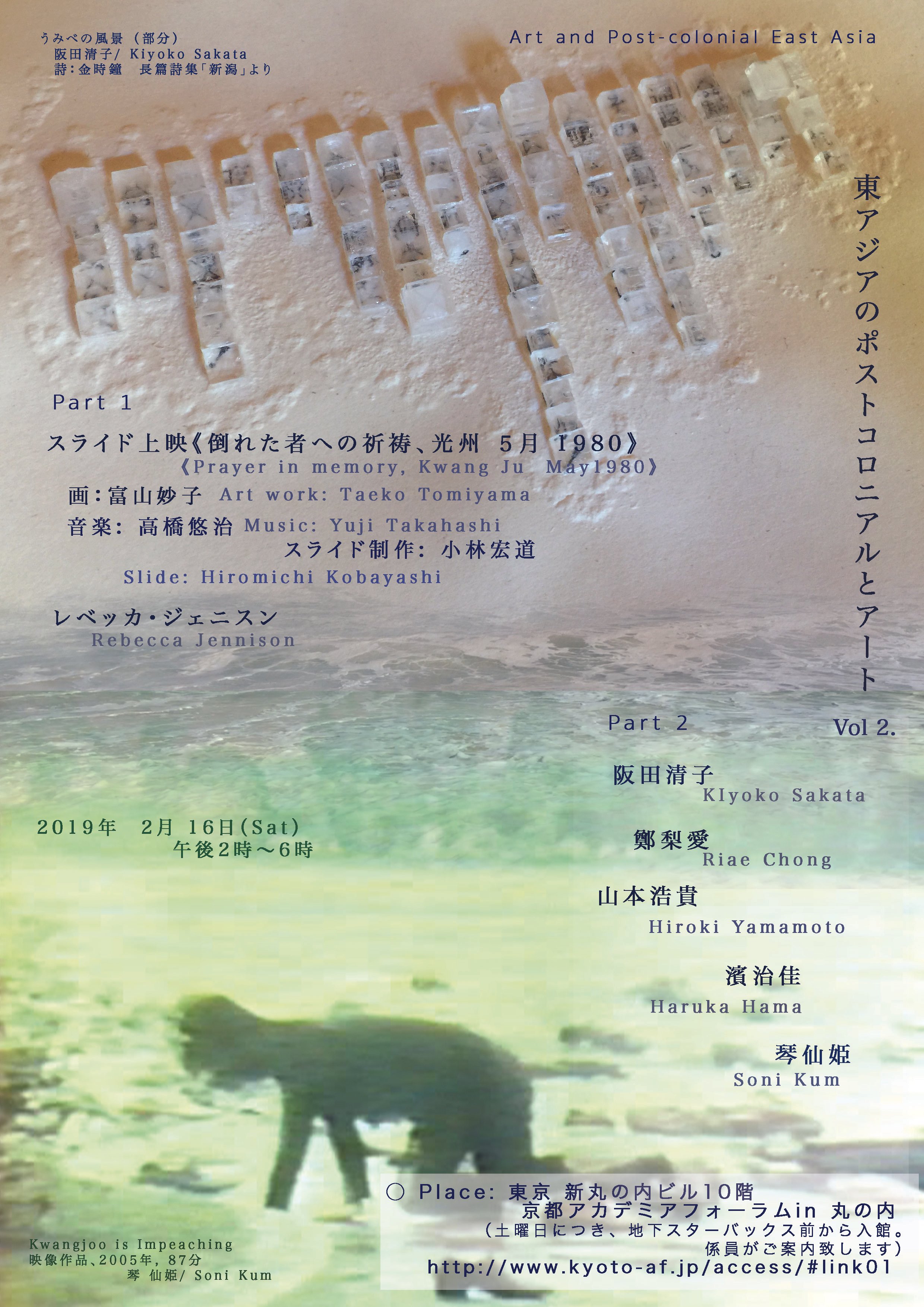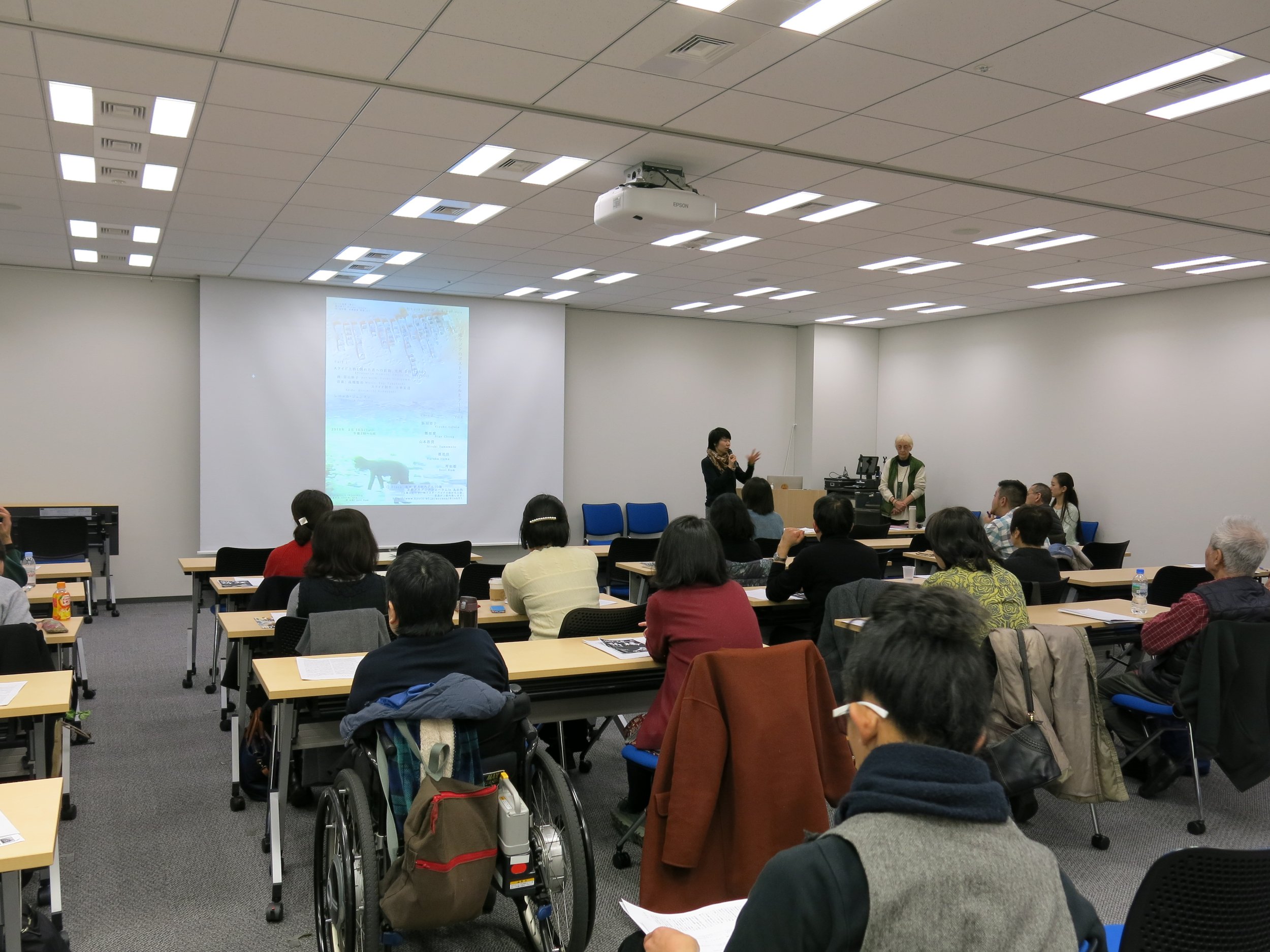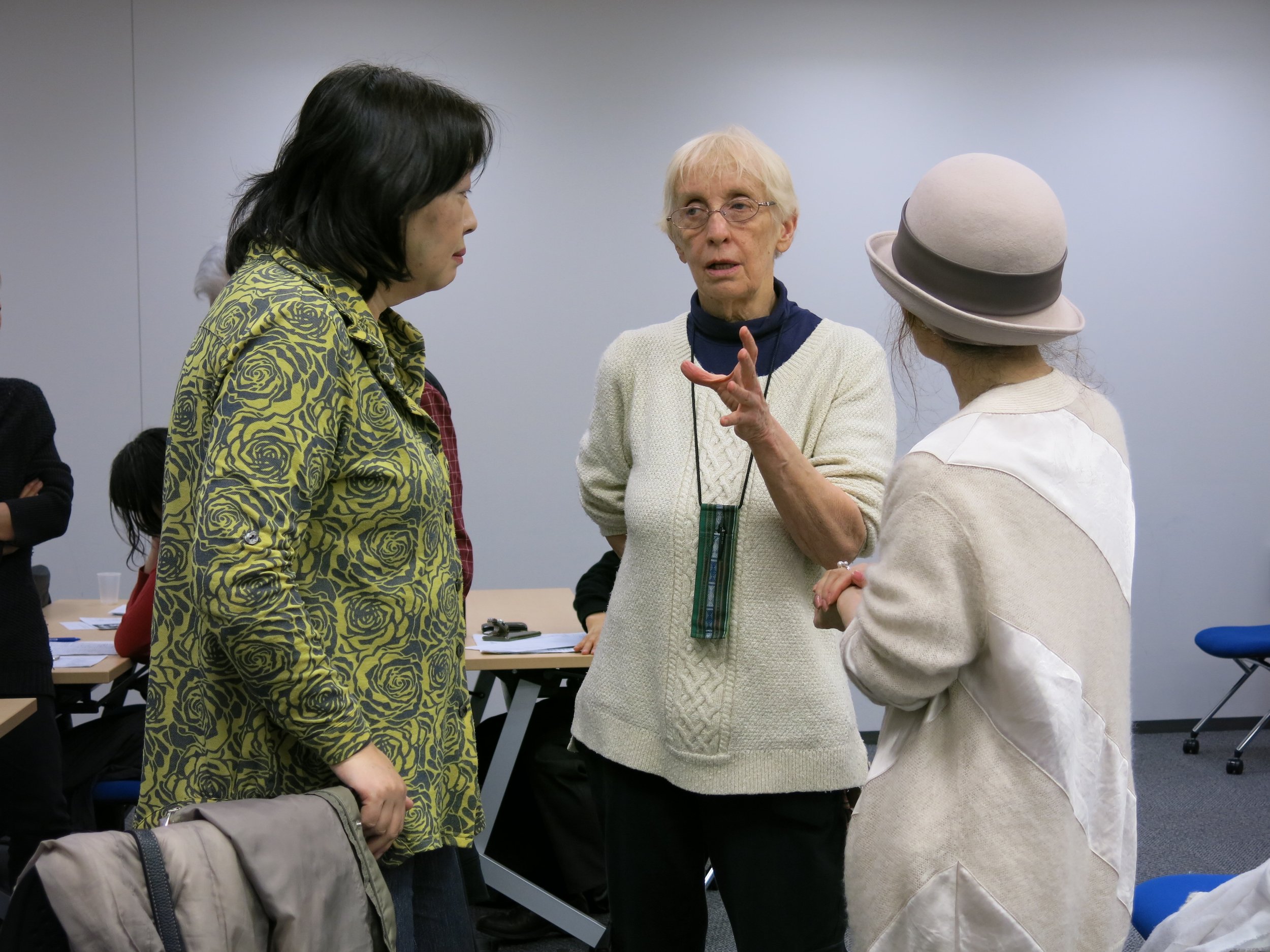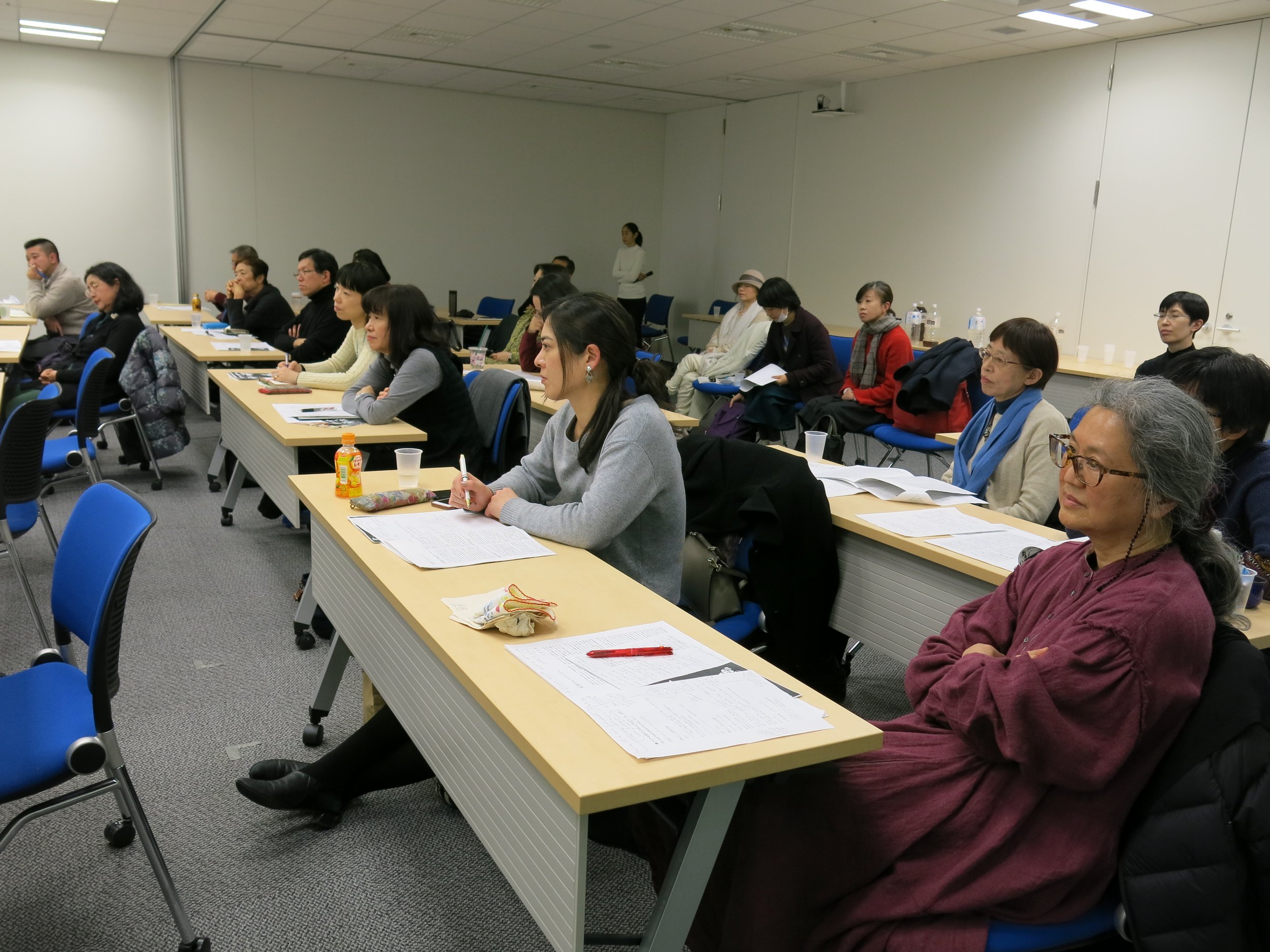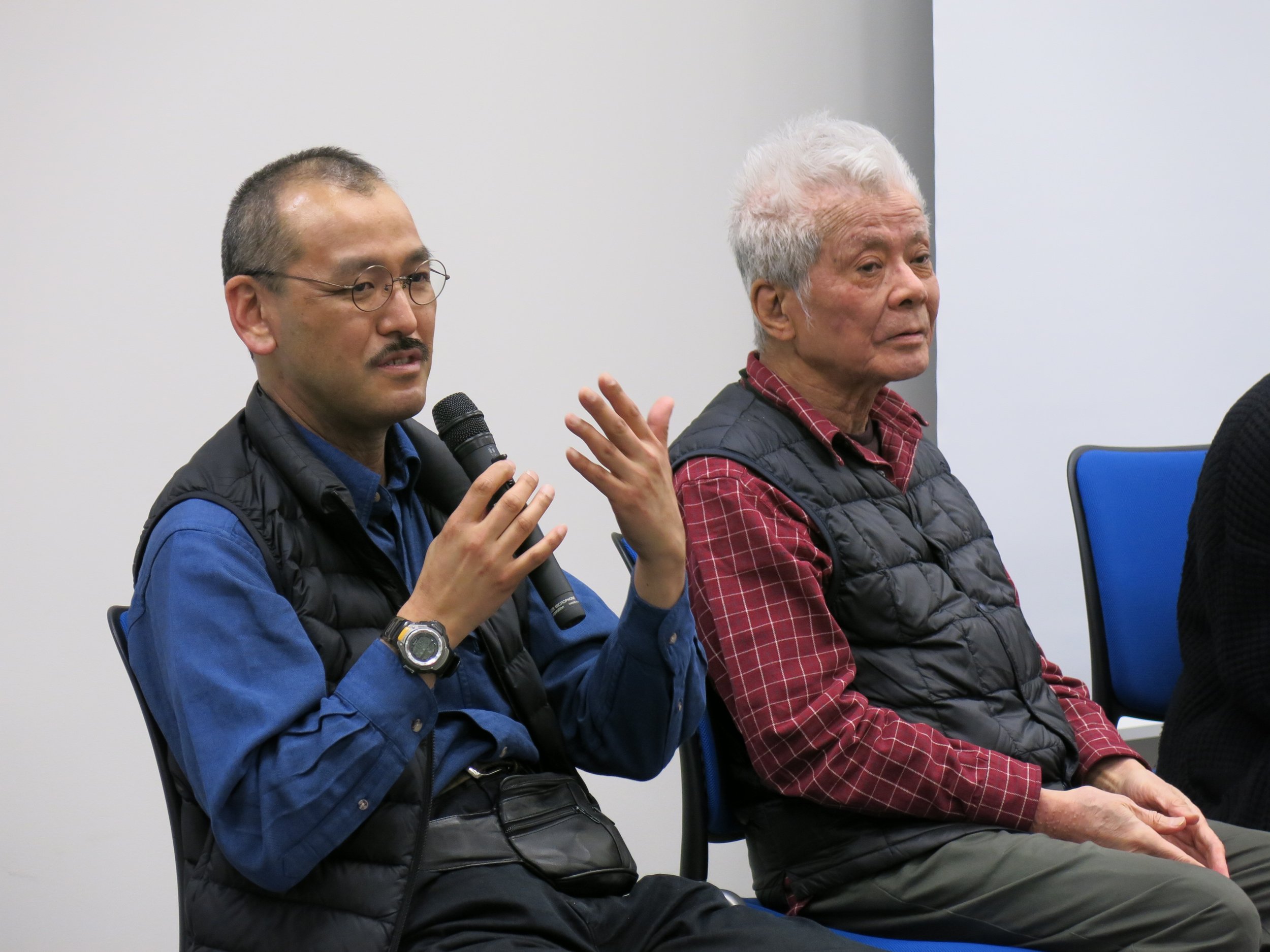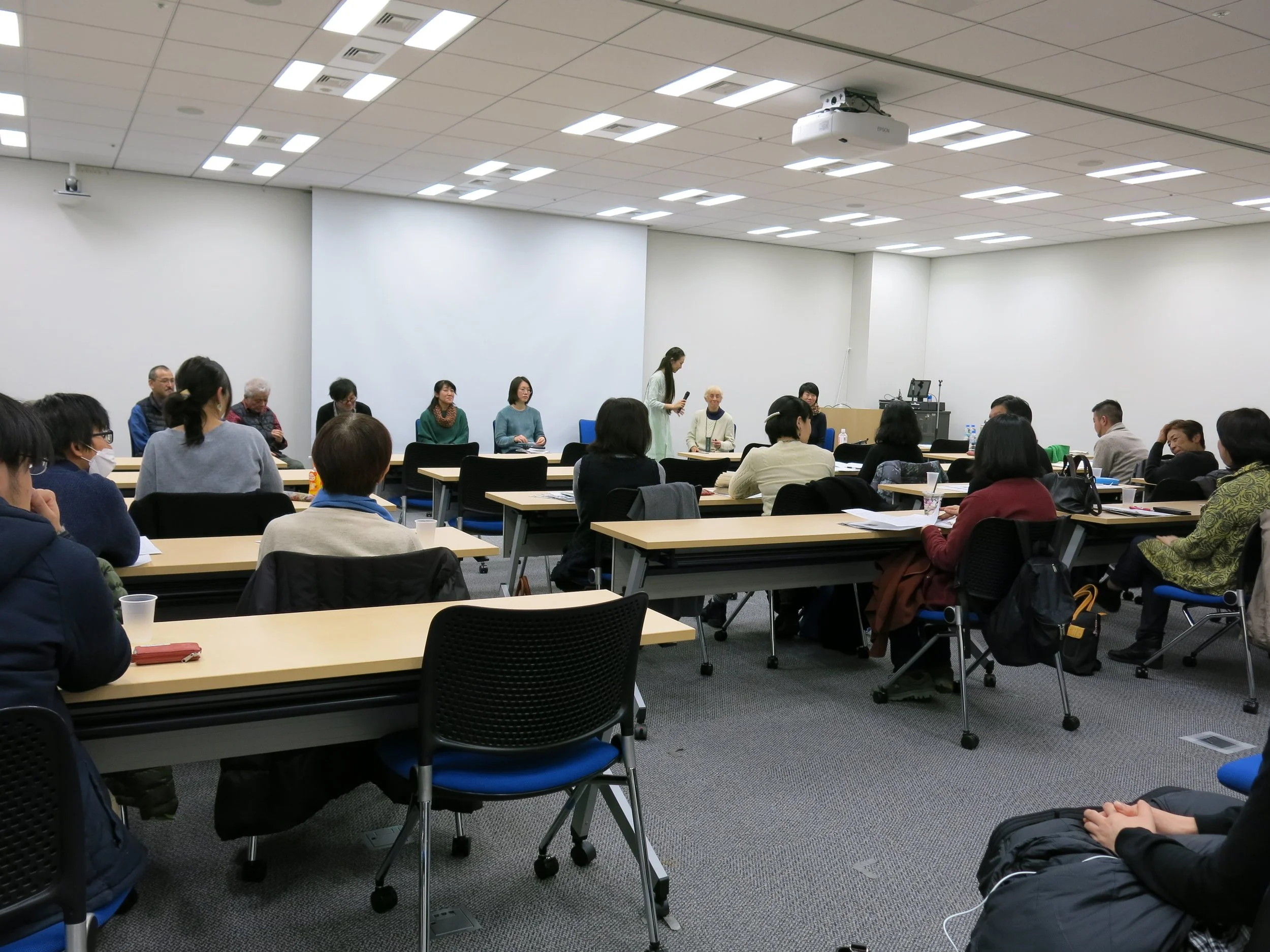Art and Post-colonial East Asia
The Scarcity of Works Involving Art and Politics in Japanese Art
The scarcity of works related to art and politics
The scarcity of its academic discourse
This is not something that came about spontaneously.
When I studied abroad in the United States, I once took a year-round class called “Postcolonial and Art Discourse. The teacher was the only black teacher at that private art school, where most of the teachers were white. The teacher, now a well-known artist in the U.S., told me that decades ago, when he tried to enter a gallery to attend the opening party of a gallery where his work was exhibited, he was refused at the entrance because he was black.
In one of his texts, he wrote a striking tweet.
He wonders, “What is the distance that lies between my black segreged neighborhood and the bird that flies across the wall into the sky of the white neighborhood?”
He tells us that postcolonial thinkers are not critiquing the knowledge produced itself, but the system that produces it.
From that premise, what is important is not naturally determined, but is often created and determined by institutions.
And to mythologize the process is to close our eyes to the struggle for power and its forces in the art world.
As cultural producers, artists are beings of power.
The legacy of colonial power relations is
slipped into our subconscious and
influencing the art world.
The effort by young emerging artists to be part of the “center” often causes them to self-censor.
Looking at the relationship between Japan (East Asia) and art on a postcolonial discourse reveals new connections and perspectives.
In countries with large numbers of immigrants and ethnic minorities, such as the United Kingdom and the United States, politically charged works are important in mainstream art discourse and are featured in institutions.
In comparison, there is little room for postcolonial discourse in mainstream Japanese art.
While observing the forces that seek to push art that touches on politics to the periphery and the situation in Japan, which Hiroki Yamamoto describes as “acting as if it does not exist,” I became interested in forming a new discourse that links art, politics, and society.
Inspired by postcolonial thinkers such as Edward Said, Gayatri Spivak, and Jacques Derrida, we plan to invite artists and curators whose activities are related to “Japan (East Asia), art, and postcolonialism,” and to have a cross-talk session after their presentations and screenings. The project is planned to be followed by a cross-talk session after each artist's presentation and screening.
In planning this project, I was conscious of the fact that the process of decolonization in East Asia has not yet ended, and that peace has not yet arrived.
While staying in South Korea since 2011, I have interacted with North Korean youths, dancers, and former “returnees” from Japan, and have promoted art projects with them, and what I have heard from them is unimaginable.
I felt that if the artists and curators could gradually formulate a postcolonial discourse on Japan, East Asia, and art, little by little, hidden issues would emerge and we could find logical coherence in the current chaotic situation.
東アジアのポストコロニアルとアート Art and Post-colonial East Asia
○ プログラム
<発表・作品上映>
作品上映 《Offering, Seven boats》(4分、2015、琴仙姫)
・山本浩貴(ヤマモト ヒロキ/ Hiroki Yamamoto)
発表「トランスナショナリズムを通した脱植民地化:現代在日コリアン美術」
・趙純恵(チョウ スネ/ Sunhe Cho)
発表「最近考えていること、いくつかの活動について」
・琴 仙姫(クム ソニ/ Soni Kum)
作品上映 《Dear dear》(短編映像、2018)
発表「東アジアのポストコロニアルを旅する」
・濱治佳(ハマ ハルカ/ Haruka Hama)
<クロストーク>
「東アジアのポストコロニアルとアート」
会場:Ongoing Cafe(Art Center Ongoing 1F)
○日時 2018年 7月 28日(Sat) 午後3時~6時 30分
プロジェクト:東アジアのポストコロニアル Art and Post-colonial East Asia
■ 協力 Art Center Ongoing(小川希/ Nozomu Ogawa)
東アジアのポストコロニアルとアート Vol 2
◯ プログラム
Part 1
スライド作品上映:「倒れた者への祈祷光州、5月1980』(12分、2001年、改訂版)
(Prayer in Memory Kwangju, May, 1980) 富山妙子(Tomiyama Taeko)
音楽:高橋悠治(Takahashi Yuji)
撮影:小林宏道(Kobayashi Hiromichi)
コメント:レベッカ・ジェニスン(Rebecca Jennison)
Part 2
・鄭梨愛(チョン・リエ / Riae Chong)
作品上映<ある所のある時におけるある一人の話と語り聞かせー。>(短編映像、20分、2018年)
・阪田清子(サカタ・キヨコ/ Kiyoko Sakata)
発表 「対岸について」
・琴仙姫(クム・ソニ/Soni Kum)
発表『朝露』と魂の暗い夜について("Morning Dew" and dark night of the soul)
<クロストーク>
コメント
◦ 山本浩費(ヤマモト・ヒロキ/ Hiroki Yamamoto)
◦ 濱治佳(ハマ・ハルカ/Haruka Hama)
◦ レベッカ・ジェニスン(Rebecca Jennison)
アーティスト
高橋悠治、小林宏道、鄭梨愛、阪田清子、琴仙姬
■場所:新丸の内ビル10階、京都アカデミアフォーラムin 丸のhttp://www.kyoto-af.jp/access/#link01
〇日時
2019年 2月16日(Sat)午後2時~6時
•協力:京都精華大学、真鍋祐子
■主催 プロジェクト:東アジアのポストコロニアルとアート、多摩美術大学美術館
